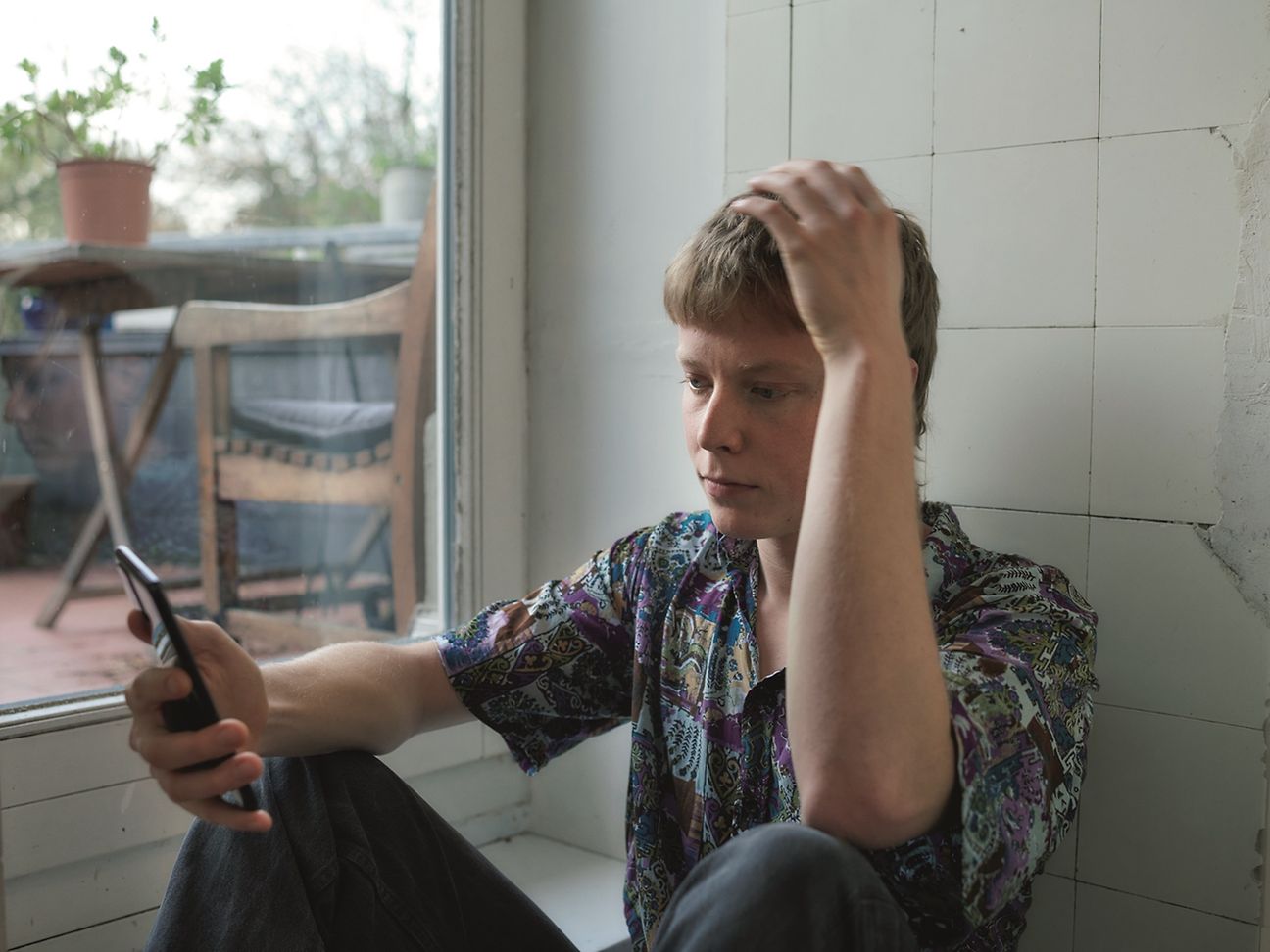

Do you have what it takes to be an influencer?
When artists take to the stage, they interact directly with their audience. But how does it feel to be on the "social media stage"? When you look into a camera lens instead of real faces and only receive feedback from the audience via emojis and statements in the comment column?
Telekom's new Social Media campaign against hate on the Internet
At the end of 2021, Telekom invited young people with Social Media ambitions to demonstrate their talents via the call: "Dream Job Influencer?". The interest was great. Nine of the applicants were invited to a casting to convince a large online community. While the candidates presented their skills in areas such as rap, beauty, fashion and comedy, they were able to follow the comments of the online audience live. What initially began positively quickly turned into nasty insults, personal attacks and abuse. What the candidates didn't know: The casting was staged, the hate was not live. You can watch the spot here (available in German).
No matter how cool you are - hate always hits
The comments shown in the spot are real comments from the Internet. However, they were played during the casting. Even if the prospective influencers were not directly meant by them, they still "worked". They left them speechless, unsettled and shocked.
"I would have liked someone to take me by the hand and show me how to deal with hate - for example, also that you can report things to the police," says Diana zu Löwen, an influencer and entrepreneur herself. For more than 10 years, Social Media has been her stage. And Eko Fresh, who has long been in the public eye as a rapper and actor, also knows, "Hate influences everyone and makes you insecure." The two hosted the casting and supported the candidates.
Hate hurts, not only online, but there especially far-reaching. It's not just the victims who are deliberately pushed out of the digital world. The effect is also felt by people who are not affected themselves: If they feel they belong to the group of perceived victims of hate, they too are highly likely to withdraw from the Internet. They intuitively understand that the hate does not refer to the individual, but to the (ascribed) membership of groups and communities. The focus here is on those affected by group-based misanthropy, such as black people or LGBTQI+, but also other publicly visible groups, such as influencers.
Free workshops for influencers
Hannes Ley also knows the extent to which hate has taken hold, especially on Social Media. He is the founder of Germany's largest counter-speech initiative ichbinhier, a community with 42,800 members that campaigns every day for a better culture of debate in the comment columns. "In our community, we experience every day how toxic it is on Social Media. Hate can affect anyone and everyone. It's particularly fierce when it comes to people in the public eye. The actual content of a message quickly becomes irrelevant. Rather, the haters try to push people out of the network. In doing so, they outdo themselves in their hatred and often cross boundaries - and not just legal ones. Society often lacks sensitivity. We are pleased to be a partner of Telekom in this campaign as well!"
In line with this campaign, ichbinhier, in cooperation with Deutsche Telekom, will be offering free workshops on dealing with hate online for influencers over the next few weeks. For more information and registration please follow the link: www.ichbinhier.eu/influencer_innen.
Together with 44 partners, Deutsche Telekom is fighting with its initiative #TAKEPART – No hate speech for an Internet free from hate, in which everyone treats each other with respect. Telekom is continuing its commitment against hate on the Internet in 2022.

